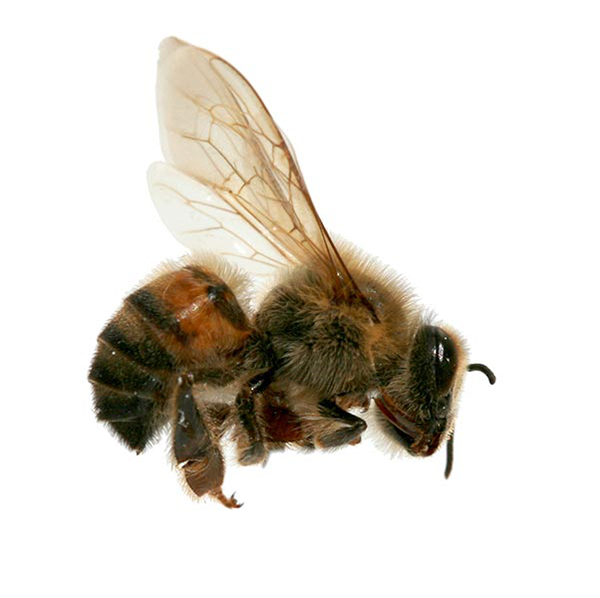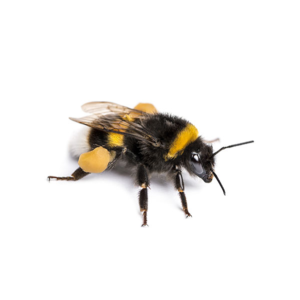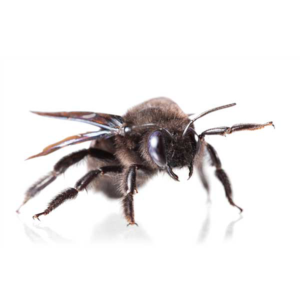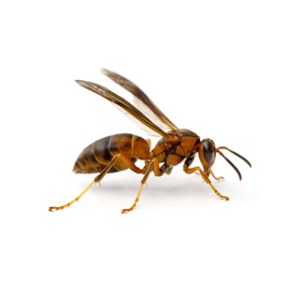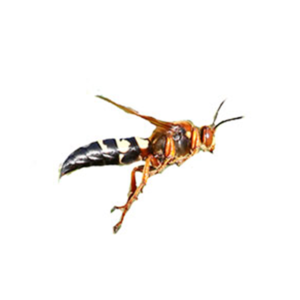Africanized Honey Bees in Anaheim
Infamous across the United States as the “killer bee”, Africanized honey bees are actually the result of matings between European honey bees and an African bee subspecies. They look very similar to a domestic honeybee and have become a common insect in the southern regions of North America. They’re primarily found in states like California, Nevada, New Mexico, Texas, and southern Florida.
Africanized Honey Bee Habitat
Though European and Africanized honey bees look similar, their nesting preferences are quite different. Africanized honey bees are less picky when choosing a site for their nest and have been known to infest everything from tree limbs to barbeque grills or water meter boxes. Essentially, they simply look for sheltered cavities near ground-level. Meanwhile, European honey bees prefer much larger areas, such as chimneys. Since human structures provide plenty of space for either species, both types of bees are commonly found near Anaheim homes and businesses.
Africanized Honey Bee Behavior, Threats, or Dangers
Though Africanized honey bees are important pollinators, they can be a threat if they nest too close to human activity. These bees are more likely to sting than “typical” honey bees, which makes them a bigger danger – especially to individuals who are allergic. Africanized honey bees have even been known to pursue their victims for over 500 feet, going after any source of loud noise or vibrations that get within 150 feet of their nest. Children, the elderly, and allergic individuals are most likely to sustain severe injuries from an attack.
Though Africanized honey bees are no more potent and dangerous than that of domestic honey bees, these insects are aggressive and may attack in higher numbers. If you suspect you have an infestation nearby, it’s best to seek help from a professional bee removal company who can quickly and safely remove the colony.

